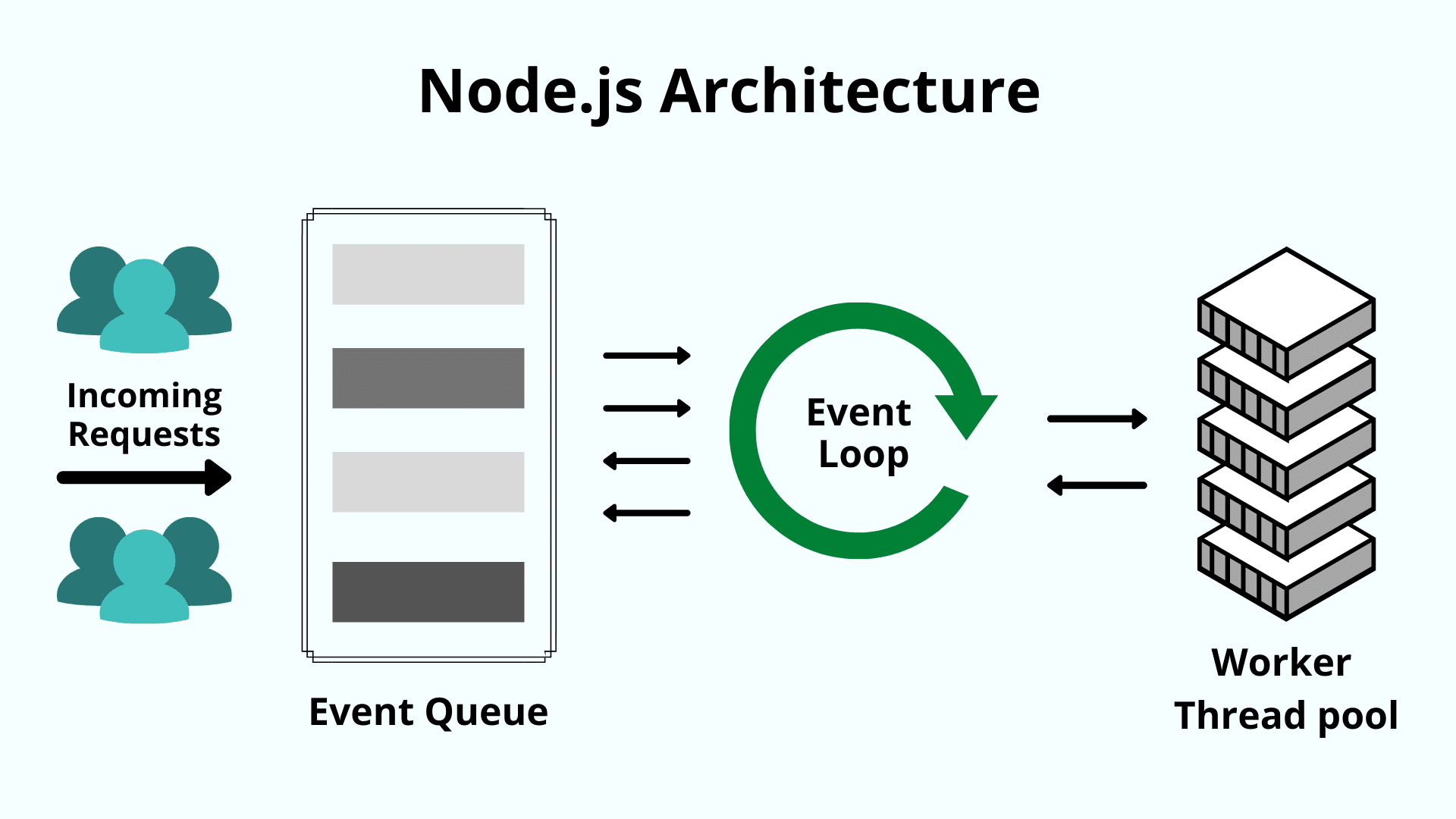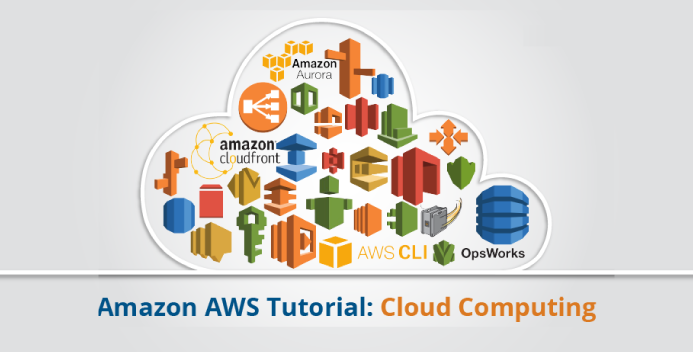
A proxy server refers to a computer network that routes requests and returns the response. An IP address is a unique identifier for every device connected to the internet. Computers can't communicate with each other without the IP address. Additional information about a user can be found in the IP address.
Proxy servers are a form of web firewall
Proxy server is a web firewall that redirects traffic to an organization to help protect its network. It can either block access to the company's network from outsiders or make requests to an external network. Proxy servers are a powerful tool that can help protect networks from hackers and viruses. These systems can also be used to filter content for an organization.
These systems are more complex than those that use packet filtering, and require more computing resource. These systems offer better security and more control over the access of applications to the system.

They store content
Proxy servers cache information for many reasons. One reason proxy servers cache content is to increase the speed of web pages. Proxy servers provide many benefits. Good proxy servers will cache objects with longer TTLs than the average. They will also cache objects during peak times. Multiple users can access the cached object without having to re-download the original source.
The data stored in a proxy server's cache is accessed by clients when they request a page. This cached data is returned to the client much faster than a request to the destination server. Because the proxy server caches the data locally, it uses much less bandwidth that the destination server.
They can translate website content to the client's native language
It is possible to localize your website using a proxy server that can translate web content into the client's language. These servers act as intermediaries between the client and the source website, routing traffic through them to reach the desired address. The translated content is stored in translation memory and either machine or human translation takes place in real time. The second web server receives the translated content and recreates the site's structure in the local language.
The process of translating websites can be greatly simplified by using a website proxy. It makes it easier to find a localization specialist. The proxy also allows translators to concentrate on the content and not on the design of the website. It eliminates bottlenecks and gives linguists control over the entire process. Also, proxy sites don't need to be developed in multilingual CMSs, which reduces development costs.

They can improve network performance
A proxy server is a way to increase network performance. It caches URLs and web pages. Caching can reduce bandwidth consumption by speeding up the process of fetching a site on the original server. It makes web browsing easier by reducing data transfer from one server.
Traffic volume on networks rises with an increasing number of internet users and websites. This could lead to massive overloads on proxy servers. This overload can cause packet loss and slow down internet speeds. A proxy can help reduce the overload.
FAQ
How much does a website cost?
The answer to that question depends on the purpose of your website. Google Sites, for example, might not be necessary if you are merely looking to share information about your business or yourself.
You will likely need to spend more if you want to attract people to your site.
A Content Management System (like WordPress), is the most popular option. These programs let you create a website with no programming skills. The sites are hosted by third-party businesses, so there is no risk of your site being hacked.
Squarespace offers a great way to build your website. Squarespace offers a variety plans that range from $5 per person to $100 per person, depending on what information you want to include.
How Do I Create a Free Website?
It depends on what type of website you want to create. Are you looking to sell products, build a website, or create a portfolio online?
An essential website can be created using HTML and CSS. This is a combination of HyperText Markup Language (HTML) and CascadingStyle Sheets (CSS). It is possible to make a basic website with HTML and CSS. However, many web developers recommend using a WYSIWYG editor, such as Frontpage or Dreamweaver.
If you don't have experience designing websites, hiring a freelance developer might be the best option. They can help create a custom website for you based on your requirements.
Freelance developers can charge either an hourly or a flat fee. The cost of hiring a freelancer varies depending on how much work they complete within a given timeframe.
Some companies charge between $50 and $100 per hour. You'll usually get higher rates for larger projects.
Many freelance websites also list open jobs. You could search there first before contacting potential developers directly.
WordPress is a CMS.
The answer is yes. It is called a Content Management System. Instead of using Dreamweaver or Frontpage, a CMS lets you manage your website content directly from your web browser.
WordPress is free! Hosting, which is usually provided by your ISP, is free.
WordPress was initially created as a blogging platform, but it now offers many other options such as eCommerce sites, forums and membership websites. Portfolios are also available.
WordPress is very easy to set up and install. The installation file must be downloaded from the website and uploaded to your server. Then, you simply visit your domain name through your web browser and log in to your new site.
After installing WordPress on your computer, you'll need a username and a password. After logging in, you will see a dashboard that allows you to access all your settings.
Here you can add pages and posts, images, menus, widgets and plugins. This step can be skipped if editing and creating content is easy for you.
However, if you prefer to work with someone else, you can hire a professional web designer to handle the whole process.
Should I use WordPress or a website builder?
Start small to create a strong web presence. If you have the resources and time to create a fully-fledged website, go for it. A simple blog is a good option if you don’t yet have the necessary resources. As you develop your website design skills, you can always add additional features.
Before you start building your website, it is important to establish a primary domain. This will give you something to point to when you publish content.
What Should I Include in My Portfolio?
All these items should be part of your portfolio.
-
Examples of your previous work.
-
If you have one, links to it.
-
Your blog may have links
-
These are links to social media sites.
-
Links to online portfolios of other designers.
-
Any awards you've received.
-
References.
-
Samples of your work.
-
These links show how to communicate with clients.
-
These links show that you are open to learning new technologies.
-
Here are some links to show you are flexible.
-
Links showing your personality.
-
Videos showing your skills.
Statistics
- It's estimated that in 2022, over 2.14 billion people will purchase goods and services online. (wix.com)
- It enables you to sell your music directly on your website and keep 100% of the profits. (wix.com)
- Did you know videos can boost organic search traffic to your website by 157%? (wix.com)
- When choosing your website color scheme, a general rule is to limit yourself to three shades: one primary color (60% of the mix), one secondary color (30%), and one accent color (10%). (wix.com)
- In fact, according to Color Matters, a signature color can boost brand recognition by 80%. There's a lot of psychology behind people's perception of color, so it's important to understand how it's used with your industry. (websitebuilderexpert.com)
External Links
How To
What is website hosting?
Website hosting describes where visitors go when they visit a site. There are two types.
-
Shared hosting is the cheapest. Your website files reside in a server managed by another company. Customers visiting your website send their queries over the Internet, to that server. The server owner then forwards the request to you.
-
Dedicated hosting: This is the most costly option. Your website is located on only one server. There are no other websites sharing space on the server. Your traffic remains private.
Because shared hosting is more affordable than dedicated hosting, most businesses opt for it. Shared hosting allows you to have your website run by the company who owns the server.
Each option has its pros and cons. Here are some key differences between them.
Sharing Hosting Pros
-
Lower Cost
-
It's easy to set up
-
Regular Updates
-
It can be found on many web hosting companies
Hosting shared with others can cost as low as $10/month. But keep in mind that this price usually includes bandwidth. Bandwidth refers the data that you can transfer over the Internet. Even if you upload only photos to your blog you might still have to pay more for large amounts of data that you transfer through your account.
You'll soon discover why you paid so much more for your previous host when you get started. The majority of shared hosts offer limited customer support. Although their techs may help you with setting up your site, it's not a common practice.
Providers that offer 24-hour customer support are worth looking into. They will take care of any issues while you sleep.
Cons of dedicated hosting
-
More Expensive
-
Less common
-
Requires Special Skills
With dedicated hosting, everything you need for your website is at your fingertips. You don't need to worry about bandwidth usage or RAM (random access memory).
This means you'll have to spend more upfront. You'll soon realize that your business is self-sufficient once it's online. You will become an expert in managing your servers.
Which Is Better For My Business:
The answer depends on what kind of website you want to create. Shared hosting might be best if you just want to sell products. It's very easy to setup and maintain. Because you share a server, you will most likely receive frequent updates.
If you are looking to create a community around your brand, dedicated hosting is the best option. Instead of worrying about traffic, you can concentrate on building your brand.
Bluehost.com is a web host that offers both. They offer unlimited data transfers per month, 24/7 support and free domain registration.